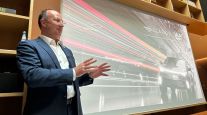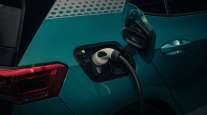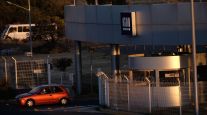Ford Pauses Construction of Michigan Battery Plant
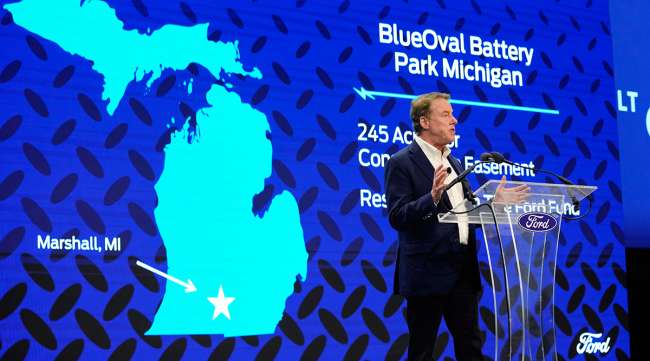
[Stay on top of transportation news: Get TTNews in your inbox.]
Ford Motor Co. is halting construction of a $3.5 billion battery plant in Michigan that drew scrutiny from Republican lawmakers for its ties to a Chinese battery maker.
MUCH-NEEDED JOBS: Town pins hopes on plant
The proposed plant near Marshall, Mich., would have employed 2,500 workers and produced enough batteries to power 400,000 electric vehicles a year. The plan was to license technology from China’s Contemporary Amperex Technology Co. Ltd., which some lawmakers accused of being affiliated with the Chinese Communist Party.
“We’re pausing work and limiting spending on construction on the Marshall project until we’re confident about our ability to competitively operate the plant,” T.R. Reid, a Ford spokesman, said in an interview Sept. 25. “We haven’t made any final decisions about the plant investment there.”
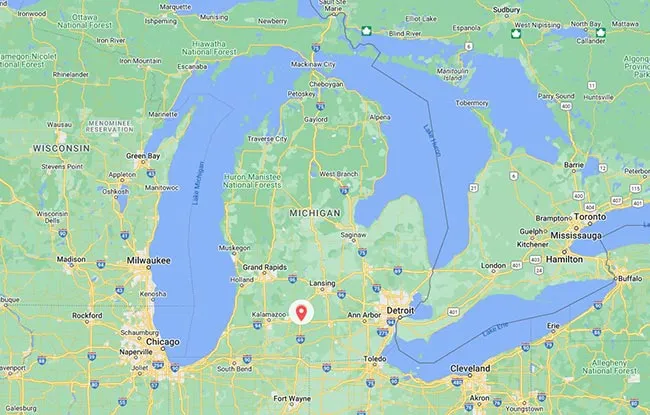
Google maps
Ford said there are “a variety of considerations” about the plant but declined to say whether the political controversy surrounding it or the current strike from the United Auto Workers union had anything to do with its decision.
Ford is throttling back on ambitious electric vehicle production plans as sales growth slows because of consumer resistance to the high price of battery-powered models. CEO Jim Farley now says the company is aiming to quadruple sales of gasoline-electric hybrid models over the next five years.
In a statement, UAW President Shawn Fain called Ford's move “a shameful, barely-veiled threat by Ford to cut jobs" at a plant that's not open yet.
"We are simply asking for a just transition to electric vehicles, and Ford is instead doubling down on their race to the bottom” with lower wages, he said.
The factory was to start making batteries in 2026, cranking out enough battery cells to supply 400,000 vehicles per year, Ford said.
It would produce batteries with a lithium-iron-phosphate chemistry, which is cheaper than the current nickel-cobalt-manganese chemistry now used in many EV batteries. Consumers could then choose between a battery with lower range and cost, or pay more for higher range and power.
Ford said the subsidiary would own the factory and employ the workers. But CATL, which is known for its lithium-iron-phosphate expertise, would supply technology, some equipment and workers.
Republican State Rep. Sarah Lightner, whose district includes Marshall, said Sept. 25 the news from Ford “came out of the blue.”
“We’re still gathering information because there’s a lot of moving parts,” Lightner said.
The Detroit News earlier reported the pause in the plant’s construction.
Want more news? Listen to today's daily briefing below or go here for more info:


